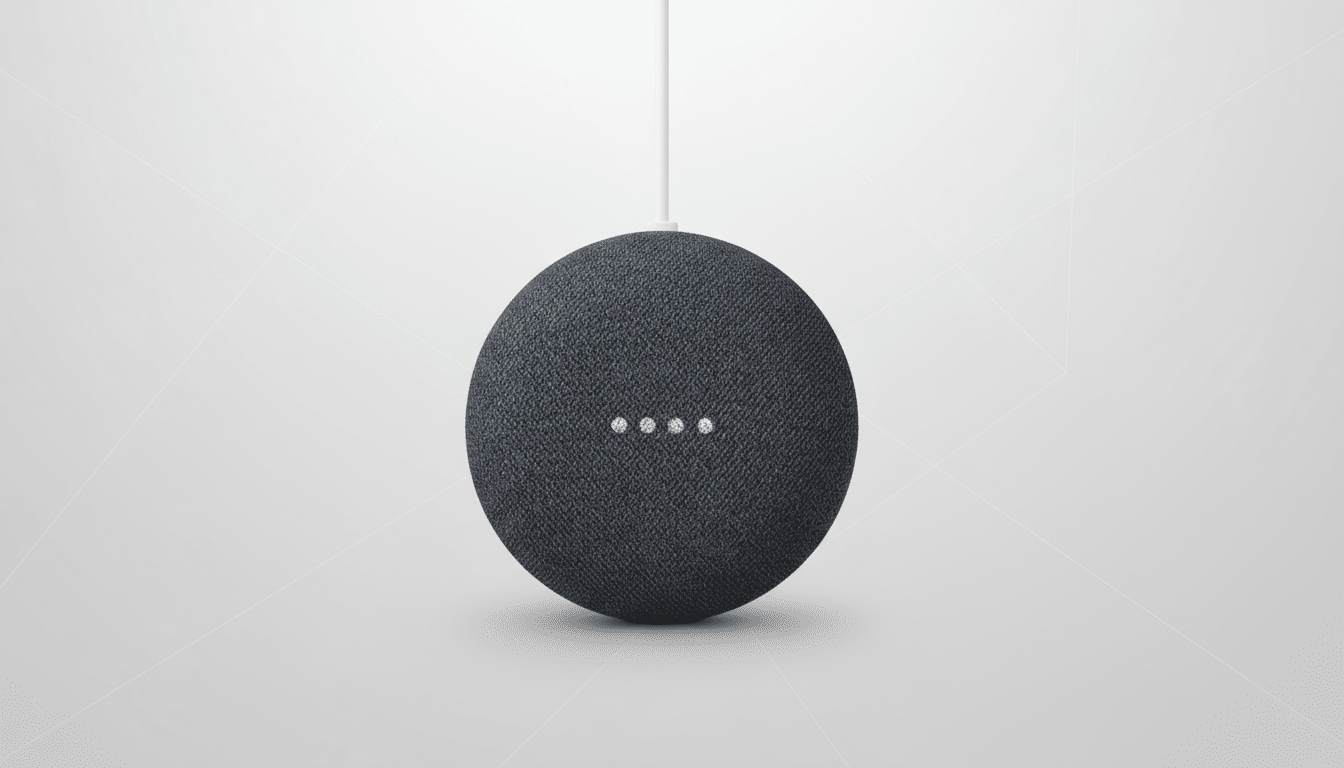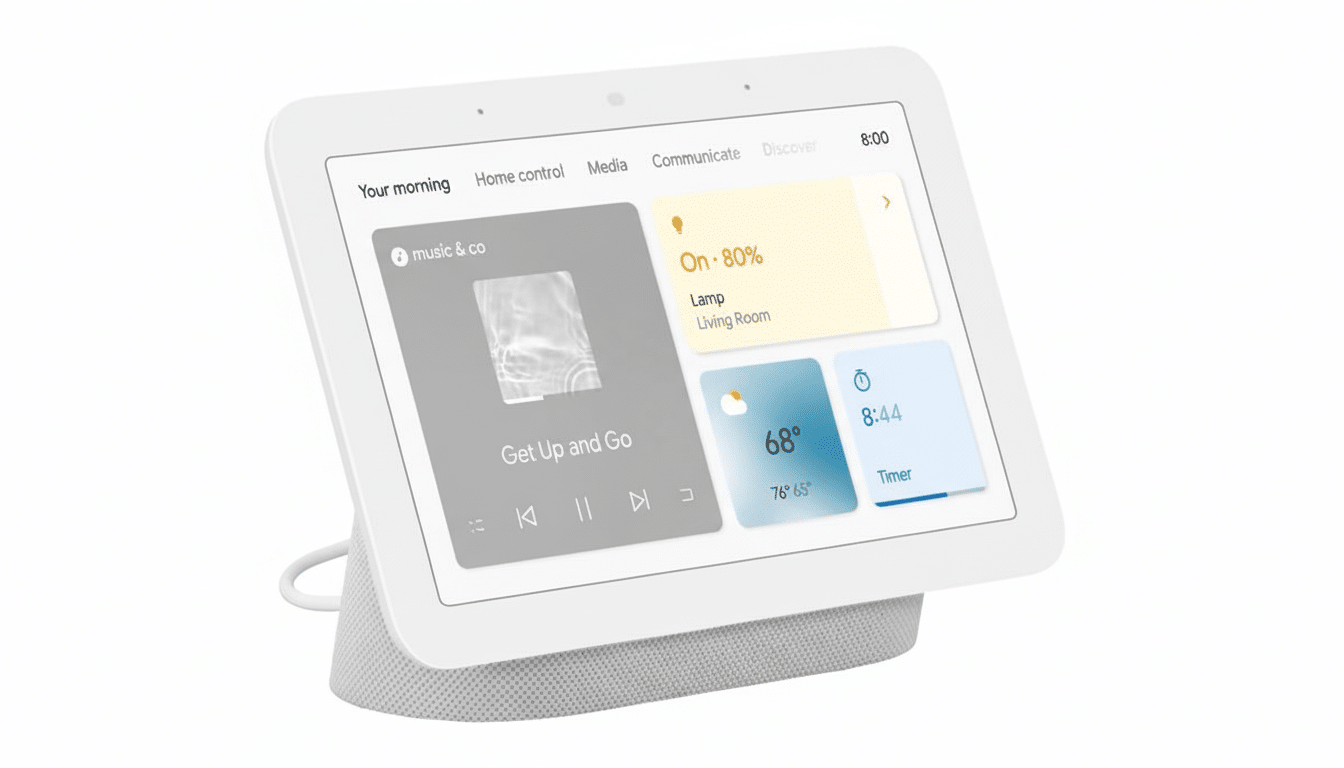A new reader poll indicates that the story of smart home dominance is more complicated than comment threads suggest. Even though reports of flaky routines and features that are long in the tooth date back years, a sizable majority of users say they’re not jumping ship just yet.
What the Poll Revealed About Google Home Loyalty
According to the findings, almost 62 percent of them will continue using Google Home and give it a second go. A little more than 20 percent reported they had already moved to a different ecosystem or are planning to leave, while roughly 16.5 percent never bothered with it in the first place — a telling sign that it was an uphill battle from the beginning.
- What the Poll Revealed About Google Home Loyalty
- Why So Many Google Home Users Refuse to Budge From It
- The Friction Users Keep Complaining About
- Can Gemini for Home Meaningfully Change the Experience?
- What This Means for the Smart Home Market
- How the Major Rivals Stand in the Smart Speaker Market Now
- The Bottom Line From the Poll: Pragmatic Patience Ahead

As with any opt-in, online poll, the sample skews toward those who are motivated enough to participate; in this case, they are online adults who have agreed to take part in such polls.
But the divide does highlight a human reality: The unhappy voices are loud, but there’s a stable base that will endure in the hope of things getting better.
Why So Many Google Home Users Refuse to Budge From It
It’s not easy for many households to switch. People have bought into Nest cameras, speakers, displays and app-based routines that link the lights, thermostats and security system. Recreating that in a competing ecosystem is a process that takes time, money, and patience.
Industry researchers, including CIRP and Canalys, have consistently ranked Google as the second most-popular smart speaker platform after Amazon by installed base, affording a large population with years of sunk setup investment and learned behavior. That inertia is strong, particularly when daily voice commands and multiroom audio “mostly work.”
The Friction Users Keep Complaining About
Reliability is the recurring complaint. Owners speak of routines that stop working without any warning, devices randomly falling off Home and voice recognition fits that should mean a single request turns into an annoying back-and-forth. The policy shifts haven’t helped, from the old Works with Nest sunset to the long migration to Matter.
Regional feature differences only add insult to injury. A few of those splashy updates, like the Gemini for Home experience, have been slowly rolling out and may not be available in all markets. To power users outside the supported regions, that delay is just another broken promise.
Can Gemini for Home Meaningfully Change the Experience?
Google’s pitch is an ambitious one: a conversational, context-aware assistant that knows what state your house is in, adapts to routines and can change light settings or turn on the vacuum with fewer queries. We’re talking proactive suggestions, enhanced error recovery, smarter automation authoring.

The catch is execution. Undoubtedly, users will not accept another iteration of half-working features. Trust can be rebuilt, but the rollout has to be fast, global and stable, with clear communication about device compatibility and a reliable cadence of bug fixes.
What This Means for the Smart Home Market
There’s a broader ecosystem trend towards interoperability. Two competing smart home ecosystems, Matter and Thread, are trying to get vendors to play nicely together to keep that from happening. As the standard matures, once-exclusive brands will feel less like a major commitment for your home and families with a mix of different-brand appliances won’t seem as fragile.
That’s a double-edged sword for Google. Matter support will make it more appealing to retain users by adding reliability in devices, but it lowers the barrier for those eyeing a switch to Alexa and Apple Home. Where hardware is concerned, that differentiation will have to come by way of improvements in automations, more seamless integration with Android, and day-to-day reliability.
How the Major Rivals Stand in the Smart Speaker Market Now
Amazon is still first on breadth, with a huge library of skills and support for multiple smart home device makers. The firm remained No. 1 in shipments and the installed base, meanwhile, when you look at reports from IDC and Omdia. Apple’s Home app and HomePod hardware are more about privacy and local processing, with a trickle of updates.
Each has trade-offs. Alexa users have dealt with their own reliability quirks and shifting money-making plans, or Apple’s more closed approach that narrows your choice of devices. Google’s lane has always been search intelligence and context, which is exactly where a more capable home-focused Gemini could shine — if stable and widely available.
The Bottom Line From the Poll: Pragmatic Patience Ahead
The takeaway is pragmatic optimism. Most engaged users are happy to wait for Google Home, at least for a couple of months, but that patience is not free. People want fewer regressions, feature parity across regions and automation that survives updates.
Providing that can not only validate the 62% who believe they still have a shot — it can give skeptics among the 38% reason to stop, look, and listen. In other words: The smart home doesn’t require fancy demos right now; instead, it needs boring reliability and a clear path forward.

